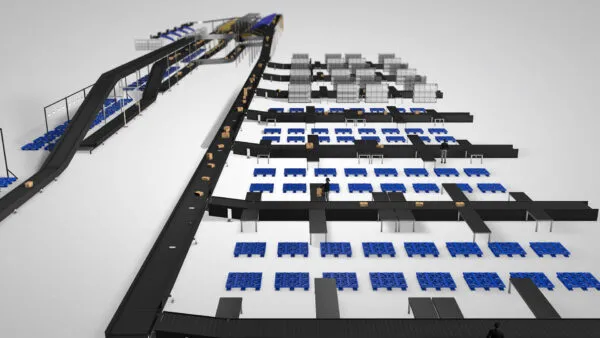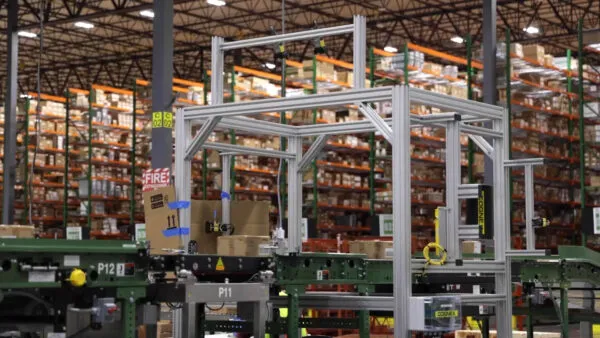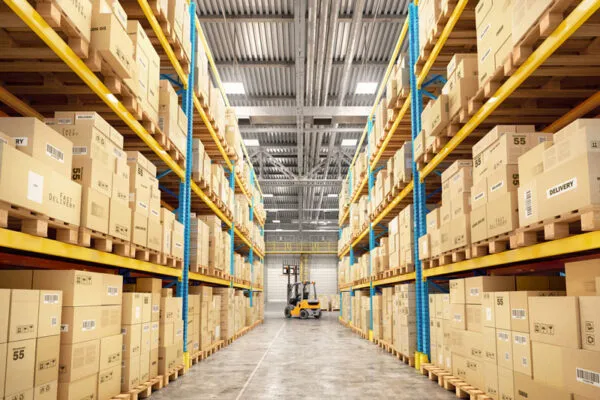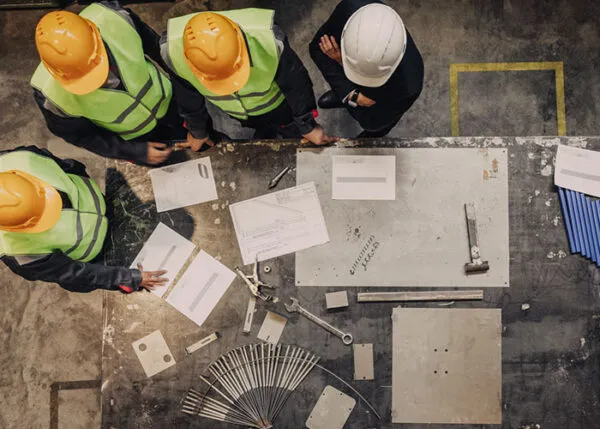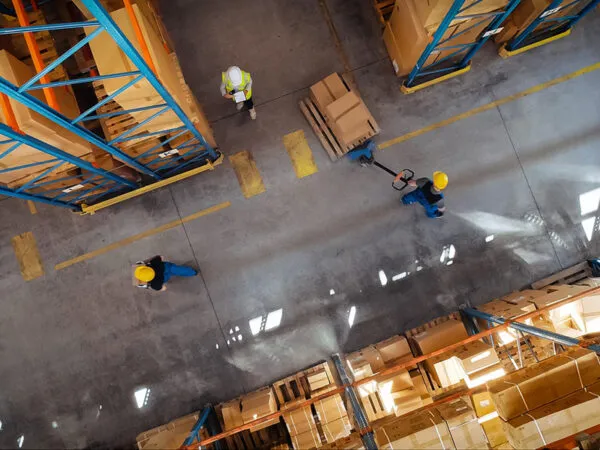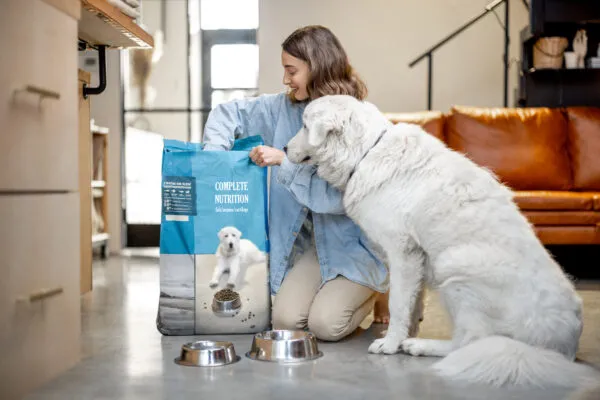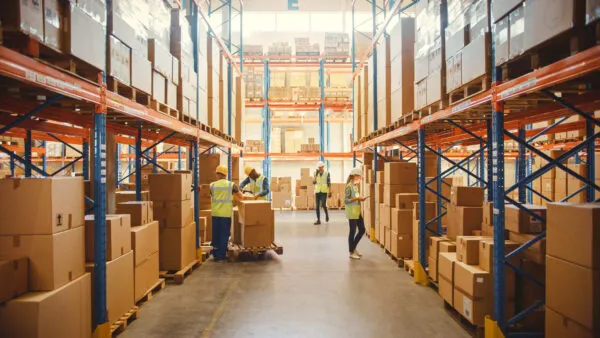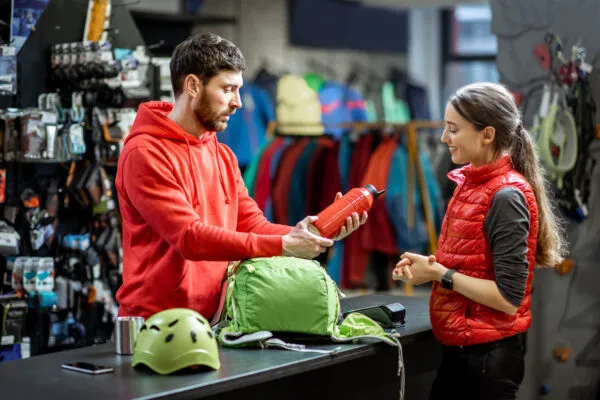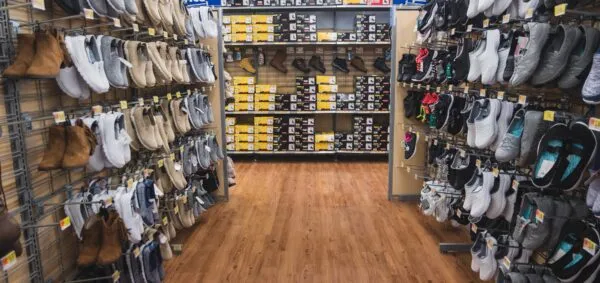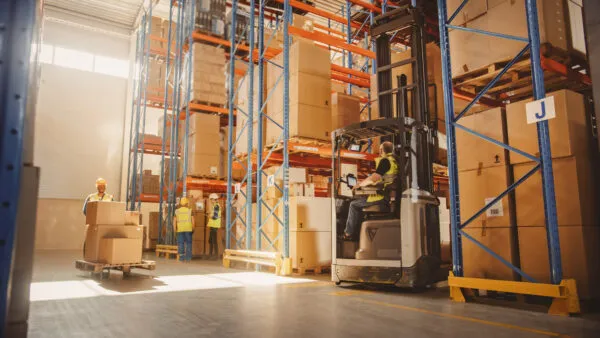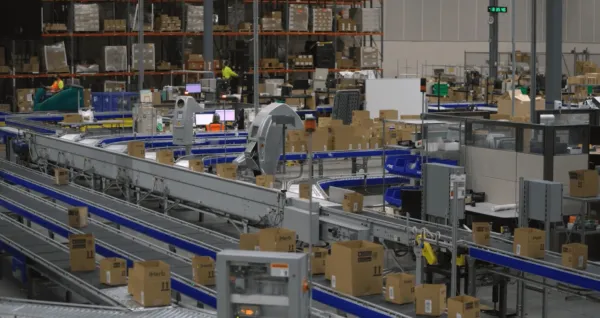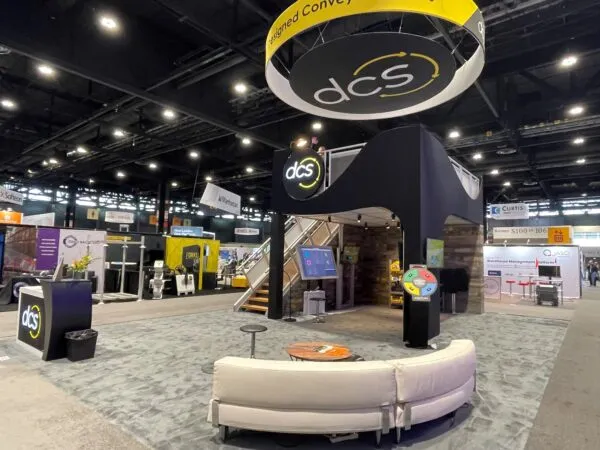This site is protected by reCAPTCHA and the Google Privacy Policy and Terms of Service apply.
Exploring Goods-To-Person Technology Options, Part 2: Automated Storage and Retrieval Systems
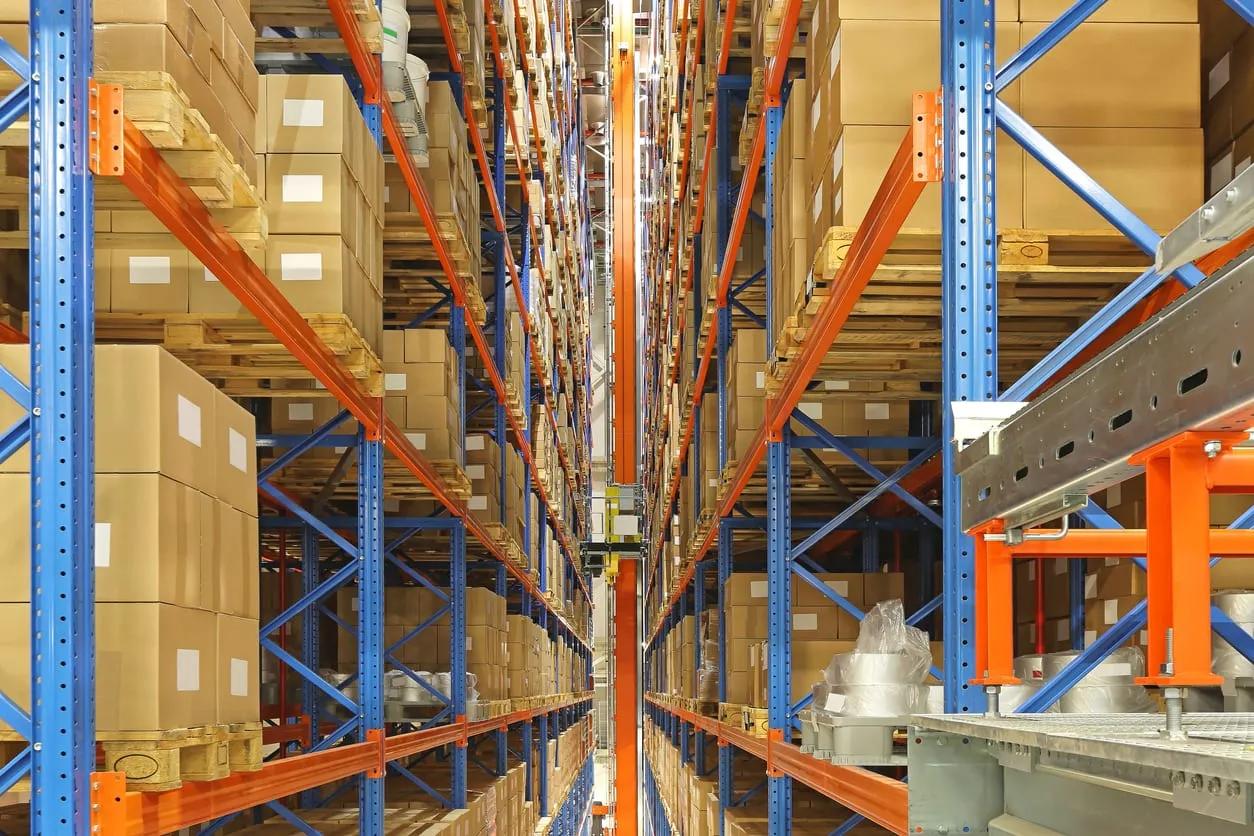
In a previous post,we explored the types of mobile automated vehicles (MAVs) being used to support goods-to-person (G2P) applications. That is, technologies that present products to associates located at designated process stations. They handle the required item(s), then the system takes the product away. It is followed by the arrival of another MAV that presents different products for processing. (Processing stations are frequently mischaracterized as picking only. In reality, they are flexible and can be used for receiving, inventory management, replenishment, picking, order fulfillment, and quality control.) The primary benefit of this goods-to-person system is a significant reduction in travel time, which in turn boosts productivity of the individual and increases the overall order fulfillment operation’s efficiency and throughput.
Like MAVs, automated storage and retrieval systems (ASRS) – long hailed for their ability to store and organize inventory in a highly-compressed manner by utilizing the cube of a facility – are also increasingly being leveraged in goods-to-person applications. Smaller systems tend to be arranged in clusters, or pods, where one or more associates retrieves required items from an opening integrated into each machine. Larger systems are often integrated with transport equipment such as MAVs that route the stored product to an operator located at one of multiple processing stations.
Of particular value to e-commerce, which necessitates the ability to access a single item among as many as hundreds of thousands of stock keeping units (SKUs), ASRS technologies used in G2P processes support fast picking and consolidation of items to fill orders quickly and efficiently. Further, with the continued safety precautions many facilities are implementing to minimize the spread of COVID-19 – such as social distancing and staggered shifts – the ASRS market is expected to grow by a compound annual growth rate (CAGR) of 8.0% from 2020 to 2025.
Dense Storage Technology Supports Higher Throughput
There are a broad variety of ASRS technologies available, and nearly all of them support G2P picking applications, albeit in different ways. Generally speaking, the following list is organized from lowest to highest cost, and lowest to highest throughput.
Horizontal Carousels u2013 Frequently used for storage of small parts or pieces, or occasionally for order consolidation in pack out areas, these machines incorporate tightly compressed bins that rotate horizontally on a track, similar to a merry-go-round. They spin until the bin holding the item required for processing arrives at a designated point. Typically, a light bar indicates to the attending worker the bin location and required quantity of each item to be processed.
Vertical Carousels u2013 These goods-to-person systems rotate a series of shelves or carriers vertically, similar to a Ferris wheel. Often used to organize and store fast-moving, small items – such as raw materials, components, or small parts – these systems present the tray storing the required item to the associate at an opening in the side of the machine. They often incorporate a laser pointer or other device that indicates the location of the required item to help the worker find it faster.
Vertical Lift Modules (VLMs) u2013 VLMs are constructed with two columns of storage trays that are accessed by an automated inserter/extractor device located between them. The device retrieves and stores the trays in either fixed or dynamic (to increase usable space) positions; it presents the tray to the worker at an opening, which frequently includes a laser pointer or light bar to direct them to the correct item.
Cube-Based Storage u2013 Grid-based and high-density, these goods-to-person systems utilize robots traveling on top of the grid to store and retrieve containers of inventory from a cube-shaped structure. The robots deliver the bins either directly to a processing station or to a transportation system that carries it to a station where a worker handles the required items.
Shuttles u2013 These goods-to-person systems are built with robotic devices, or shuttles, that travel independently on rails within a storage system and up and down to different levels via a lift. These G2P systems can handle trays, cartons, reusable totes, pallets, or even shelves of product. The shuttles store and retrieve the required product and deliver it to a processing station. Shuttle G2P systems can also be paired with MAVs or conveyor to transport product to and from processing stations.
Mini-Load ASRS u2013 Designed with tall aisles reaching up to 40 feet tall, these goods-to-person systems store loads weighing 1,000 pounds or less on trays, in cartons, or in reusable plastic totes. Retrieved or stored by cranes equipped with forks or shuttle devices, totes are transferred or conveyed to processing stations where associates handle required items as indicated.
Pouch (or Pocket) Sorters u2013 Although there are currently only a handful of such installations in the U.S., this singulation technology utilizes thousands of pouches, each holding one item apiece. Software directs the required pouch to a station where an operator removes it and places it directly into an outbound shipping container, or into another tote for consolidation with other picks prior to packout.
While ASRS goods-to-person systems require less floor space than MAV systems, there is typically a greater capital investment to deploy. Overall, as a broad category, the costs of G2P solutions continue to come down as the choices of technology types evolves and proliferates. As labor costs continue to rise – and the pressures associated with e-commerce seem in no danger of abating anytime soon – G2P solutions can support shorter order delivery timeframes and higher volumes with a faster return on investment than ever before.
Don’t miss the first post in this two-part series, exploring MAV options for G2P applications.
Still sorting out your goods-to-person options? DCS can help you determine the optimal solution for your unique application. Connect with us.
_
Author
Drew Thomas, Senior System Sales Consultant,drew@designedconveyor.com
A 20-year veteran of the material handling industry, Drew has experienced many different roles – engineering, project management, business development and sales consulting. Leveraging his background in controls automation and his passion for technology, Drew has continuously sought to push innovation in the industry. He cares about making the world a better place by improving the life of others through automation. Outside of the office, you will frequently see Drew on the golf course or exploring the great outdoors with his family.
